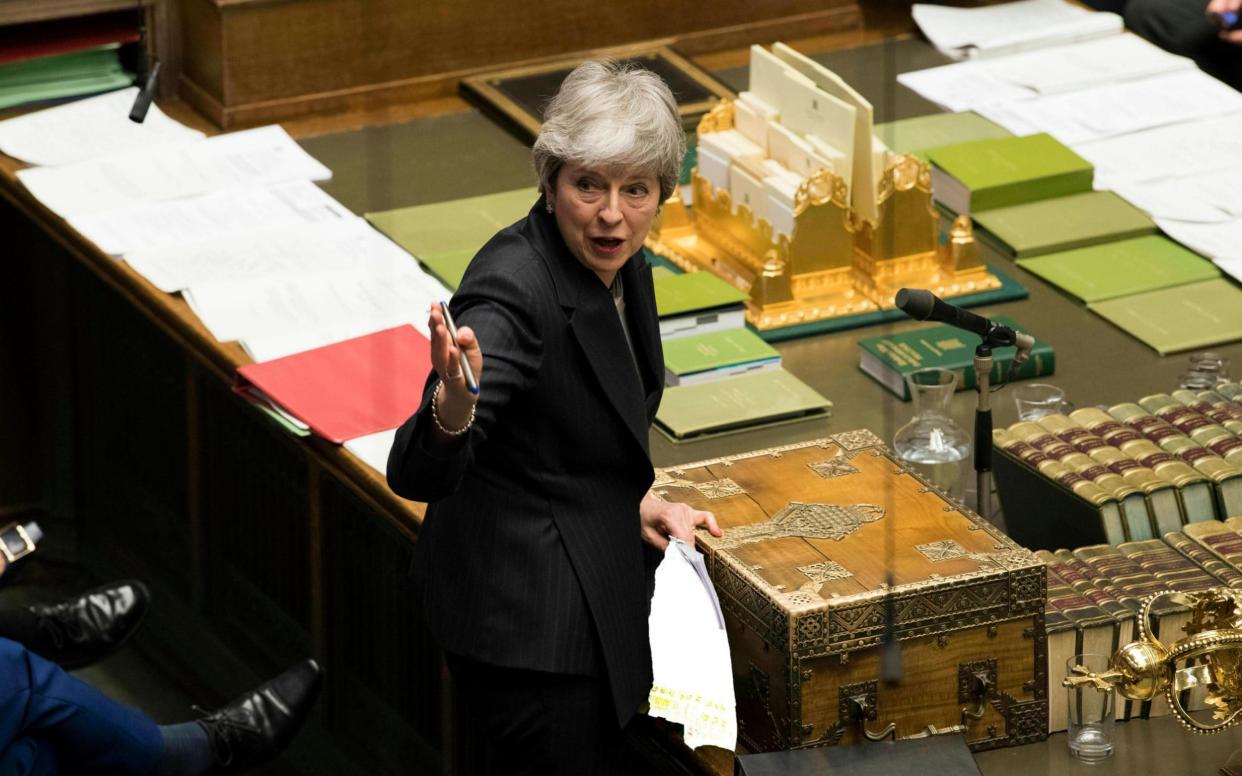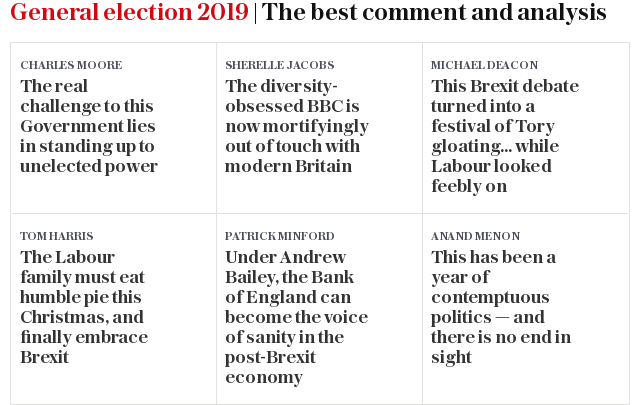Brexit: What will MPs vote on in Parliament this week?

Britain will no longer be leaving the EU on March 29. But this week is shaping up to be a defining one in the Brexit process.
EU leaders turned the screw on Theresa May at their March summit by refusing her request for a three-month Brexit extension and giving her just three weeks to find a way forward.
With the Prime Minister announcing on Monday there is insufficient support to put her deal to Parliament for a third time the May 22 extension offered by the EU looks unlikely to come into play.
The UK has until April 12 to ask the EU for a new extension, but Brussels could refuse if the UK has not provided clear evidence of new thinking and a way out of the current logjam.
Here's what MP's will be voting on in the coming days.

'Indicative votes' – but who will be in control?
On Monday, Parliament debates an amendable Government motion on the Brexit deal, which gives MPs a chance to put their favoured outcomes to a vote.
The proposal, tabled by Tory former minister Sir Oliver Letwin and also backed by Tory former attorney general Dominic Grieve and Labour's Hilary Benn, seeks to pave the way for a series of "indicative votes" in the Commons on Wednesday, effectively taking control of the Brexit process out of the hands of the Government.
The move would suspend the usual rules of the Commons which give control of the Parliamentary timetable to the Government, and allow MPs to carve out time for their own votes.
There is no precedent for indicative votes, but MPs are expected to be issued with a ballot paper listing the various different kinds of Brexit they might wish to pursue. MPs would be able to vote in favour of as many of the options as they would like, with the utlimate objective being to see which plans, if any, might achieve a majority in Parliament.
Supporters of the plan have admitted that it may take more than one round of voting, for a winner to become clear.
How will indicative votes work in event Letwin amendment passes?
MPs will be issued with a ballot paper detailing different motions
It'll be aye or no for each motion, and they will be able to vote for as many options as they want
It *won't* be preferential voting— Steven Swinford (@Steven_Swinford) March 25, 2019
The first set of indicative votes would then take place on Wednesday. Up to seven different options would be on the ballot, including no deal, revoking Article 50 and a softer Brexit.
Sir Oliver has said he believes MPs would support a Norway-style Brexit deal.
He told BBC Radio 4's Today programme that MPs needed to establish if there is a majority in favour of an alternative plan if the Prime Minister's deal is defeated again next week.
Sir Oliver said: "I believe, for example, that we will probably on that day be able to get a cross-party majority in favour of what is sometimes called Norway plus and sometimes called Common Market 2.0, which is an arrangement where we remain in the single market and we have a customs arrangement with the EU and that has not yet been tested."
However, to take the sting out of backbench MPs' plans, the Government may initiate the process of indicative votes itself. That would avoid the need to change Parliament's rules and allow the Government some influence over the process, but it could cause a major split in the Conservative Party.
The plan might also be in vain if MPs vote for their own indicative votes. A previous attempt at such a plan failed by just two votes earlier in March.

The wildcards – changing the Brexit date, a second referendum, and a confidence vote
There is also the small matter of voting on a statutory instrument (secondary legislation) to change the date of Brexit in UK law. This is expected to take place on Tuesday, Wednesday or possibly Friday.
The Government is arguing that it is merely a technicality and that failing to vote through the change would not override the Brexit extension, which is part of international law.
Nevertheless, the vote could become a flashpoint for Brexiteer protest – even if the rebels would lack the numbers needed for victory.
On top of that, there are two contingent votes which could change things significantly.
If and when Mrs May brings her meaningful vote, Labour backbenchers Peter Kyle and Phil Wilson are expected to table an amendment which would allow the current Brexit deal to pass only if there was a “confirmatory” referendum (ie deal or Remain).
This is seen as a way of breaking the current impasse and is expected to have the support of the Labour leadership. While Labour would not then whip in favour of the deal, it could be enough to see Mrs May’s deal through.
Finally, if the third meaningful vote results in another defeat for the Prime Minister, then Jeremy Corbyn has promised to table another vote of no confidence in the Government. While he failed at the first attempt, if Britain looks set for a no-deal Brexit or a very soft one, Conservative rebels may feel pushed to bring down their own Government.

 Yahoo News
Yahoo News 
